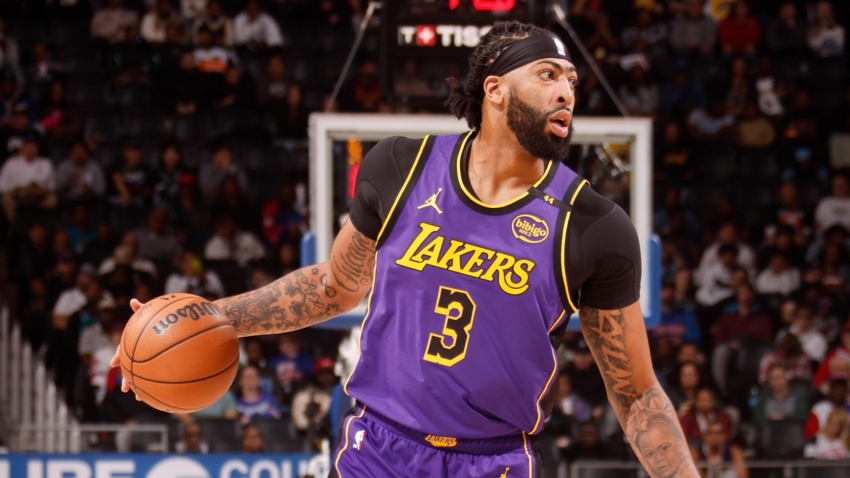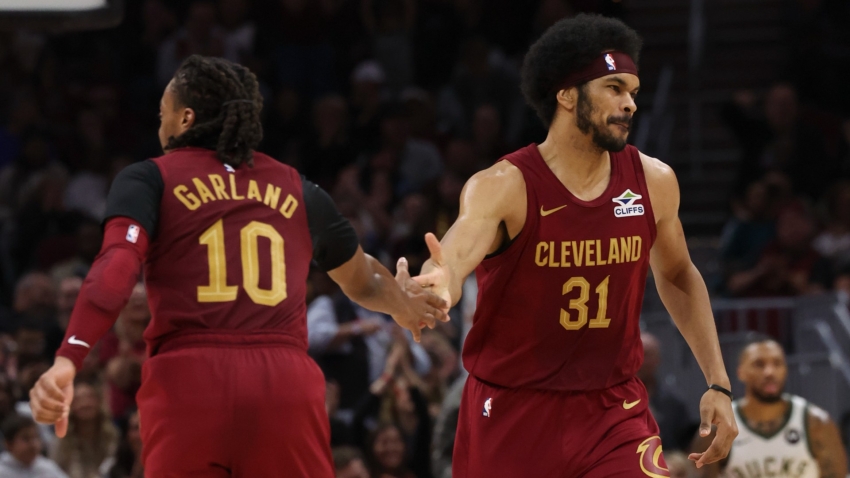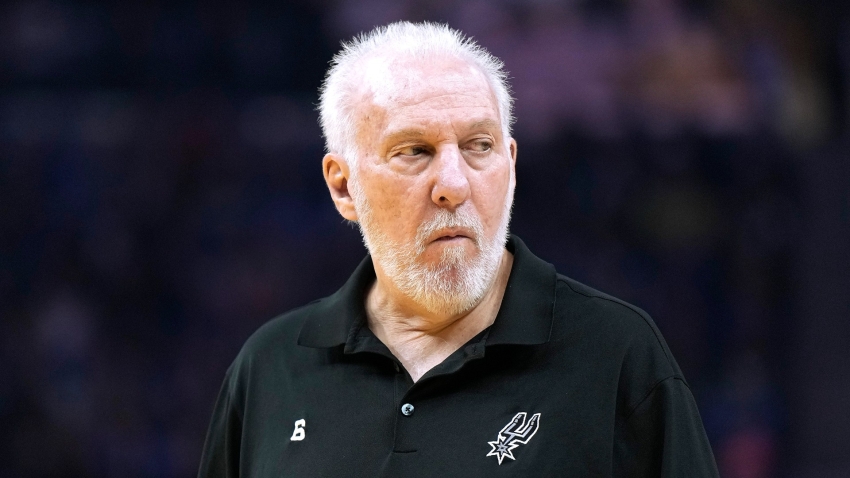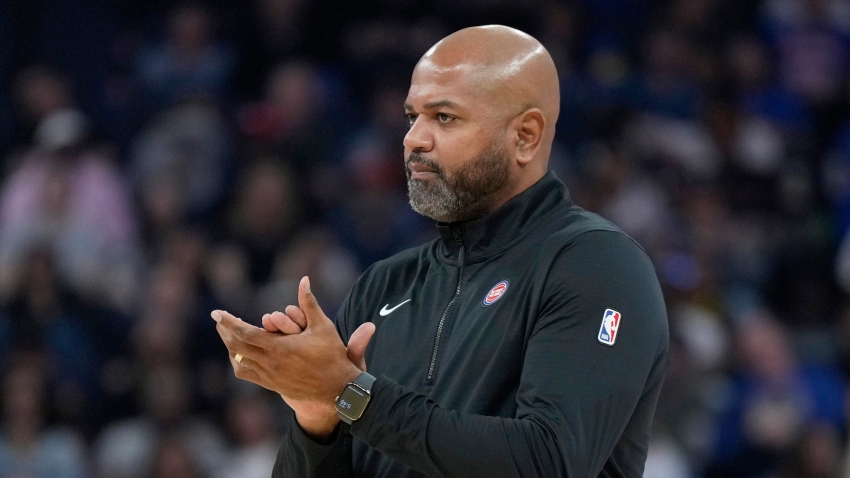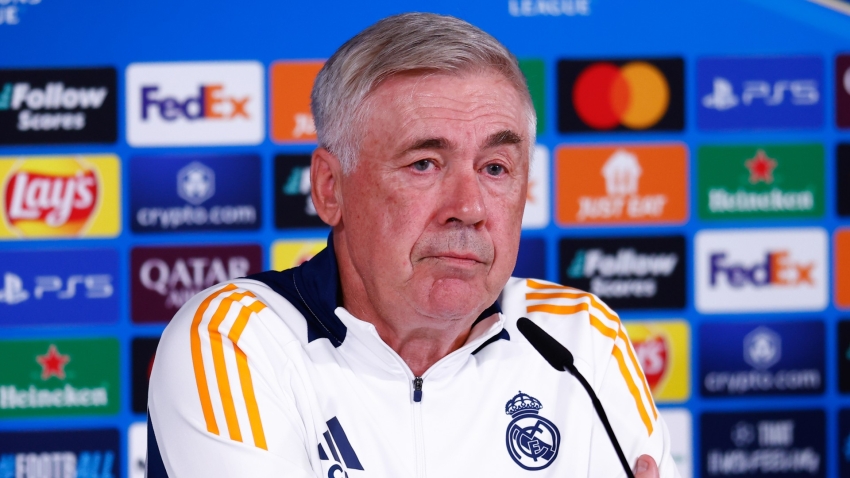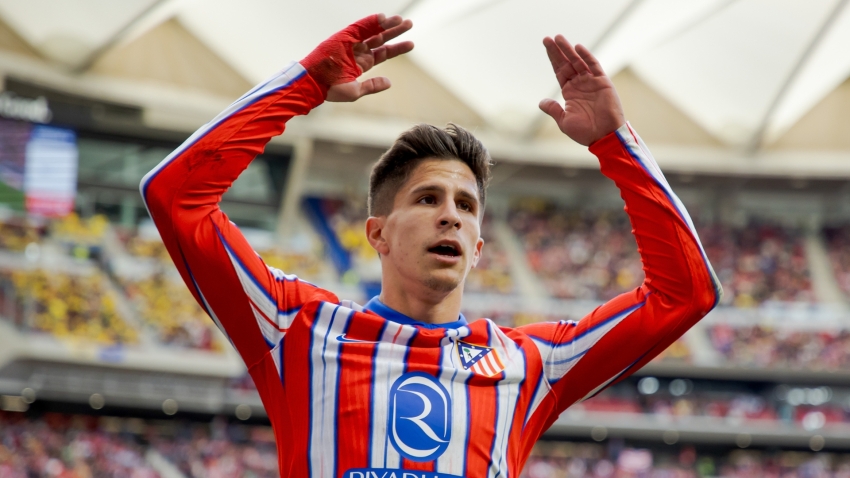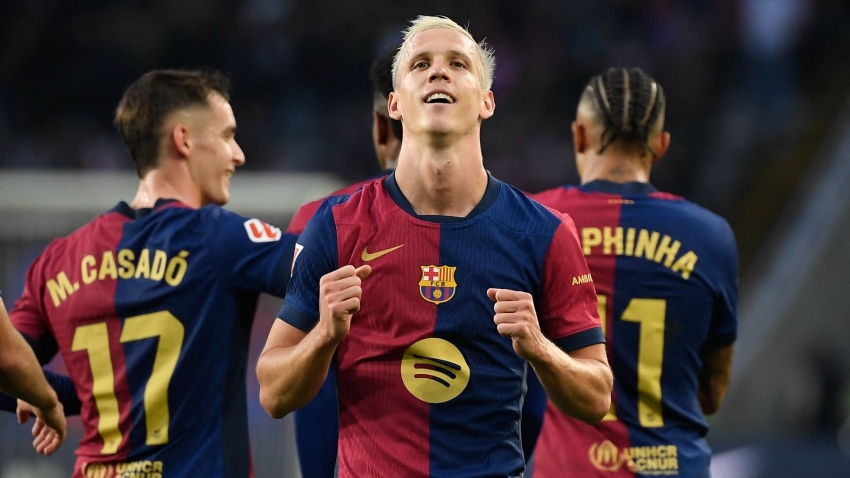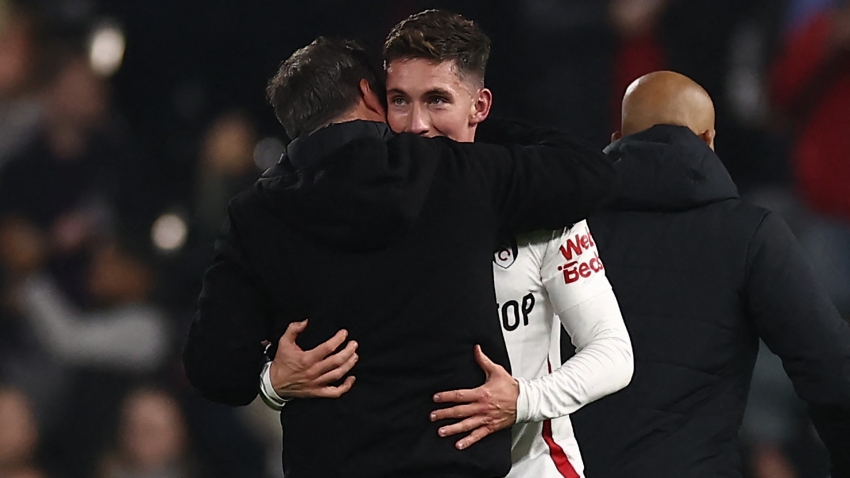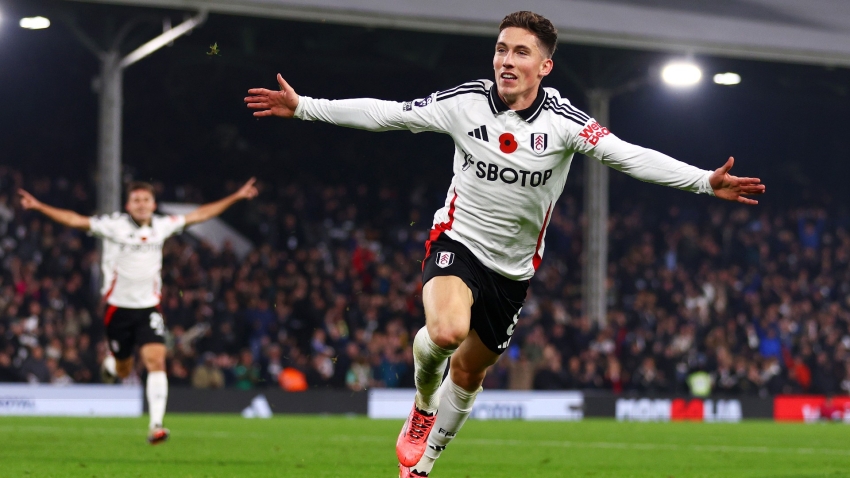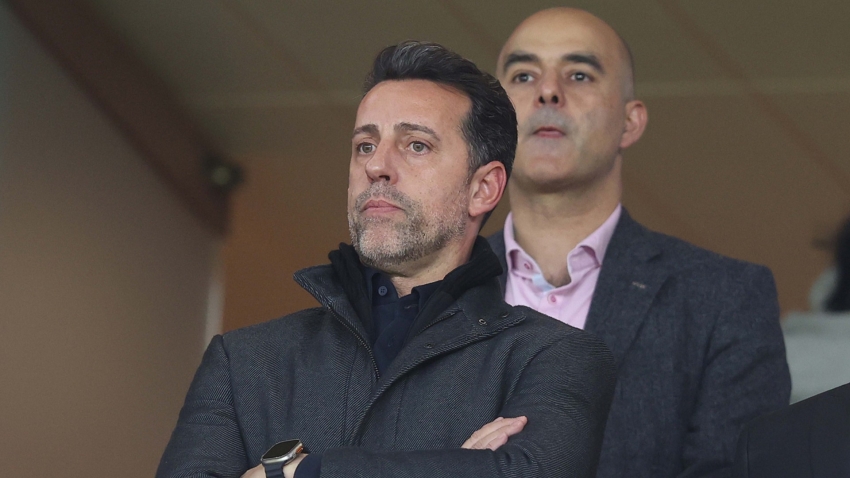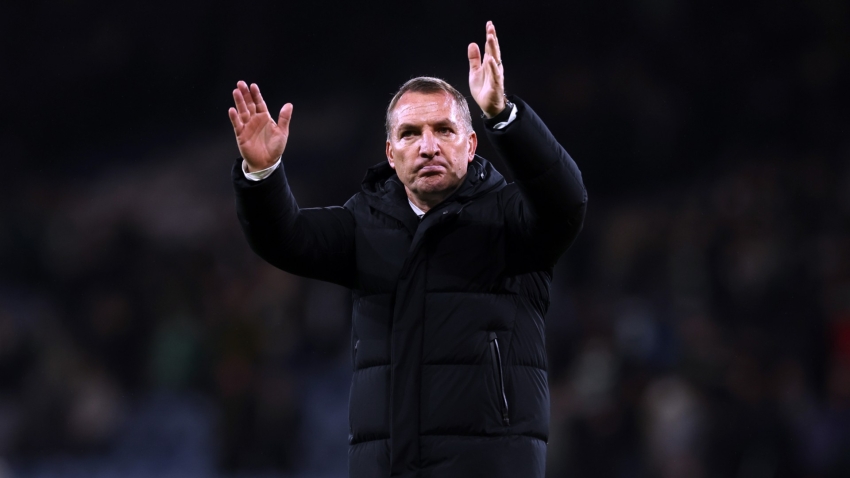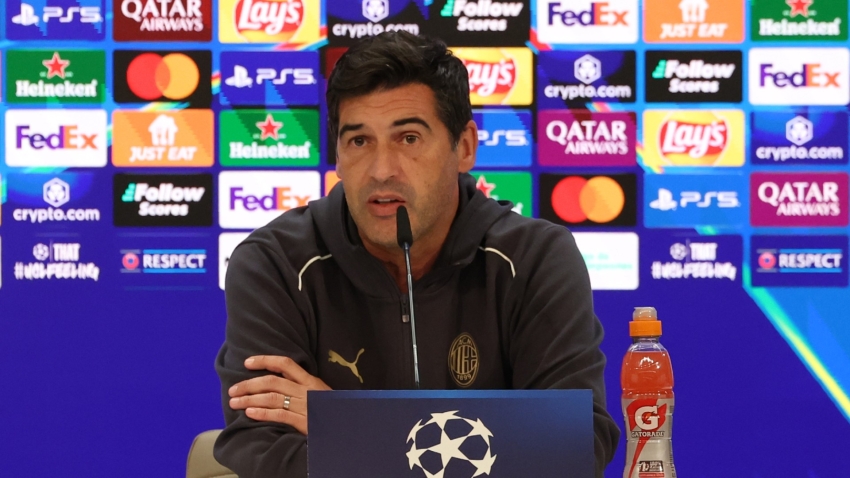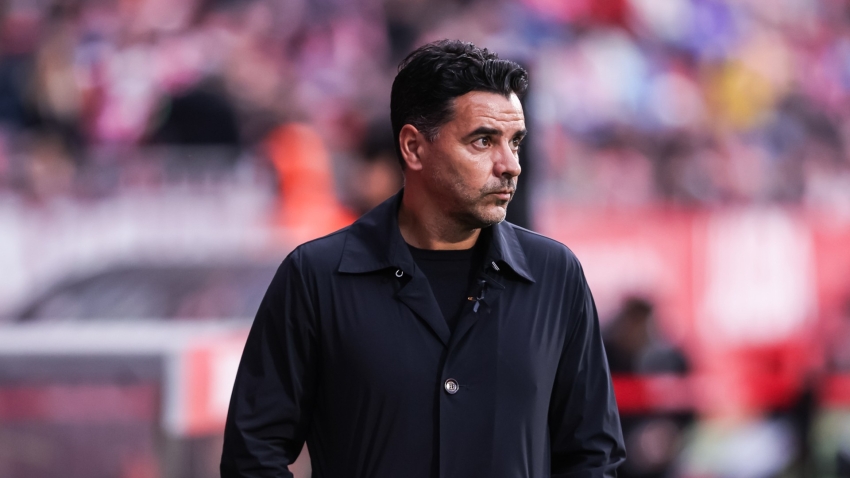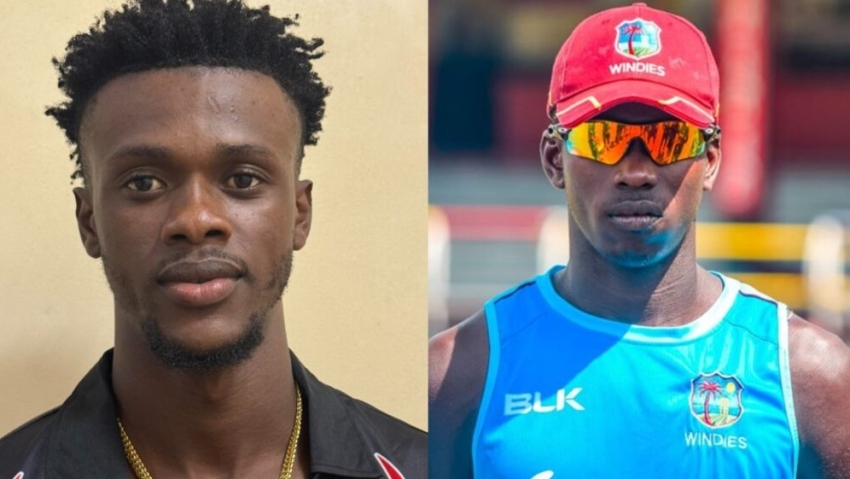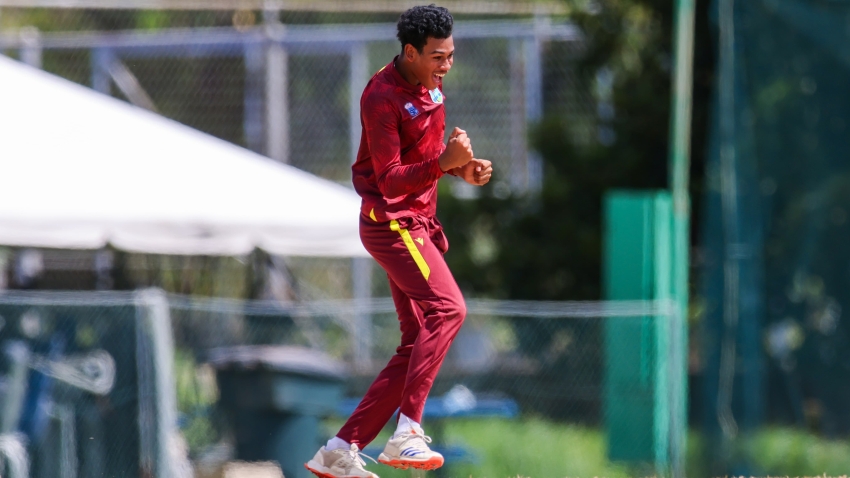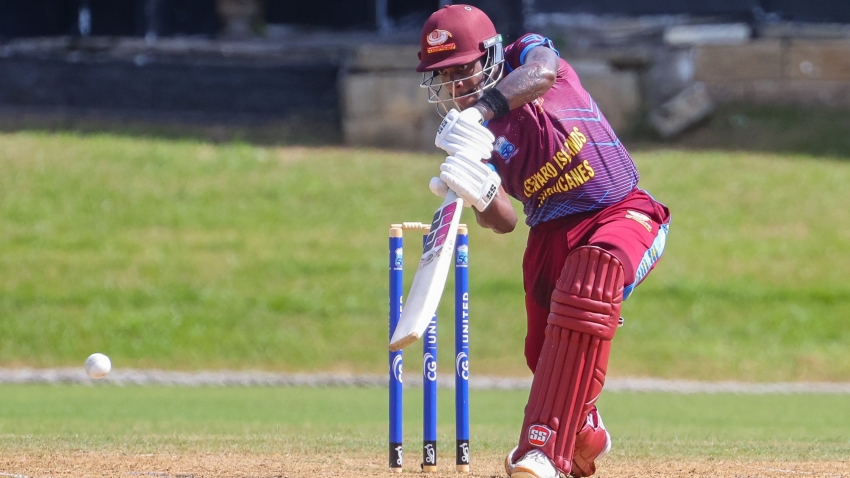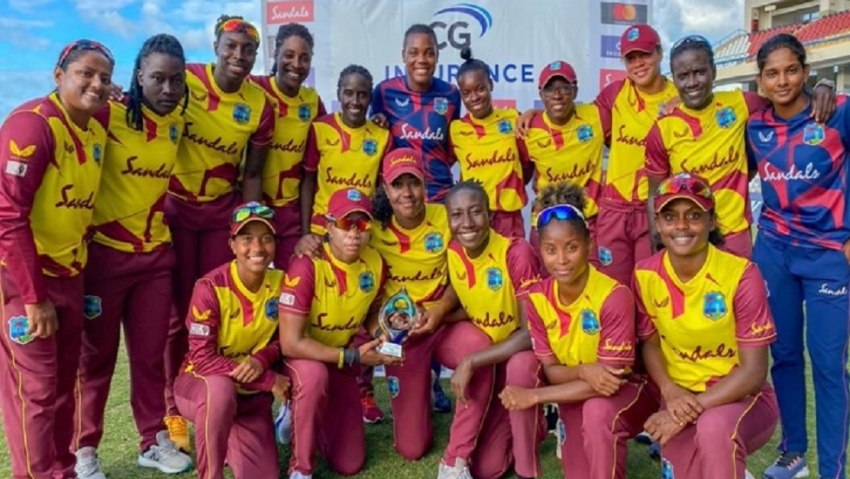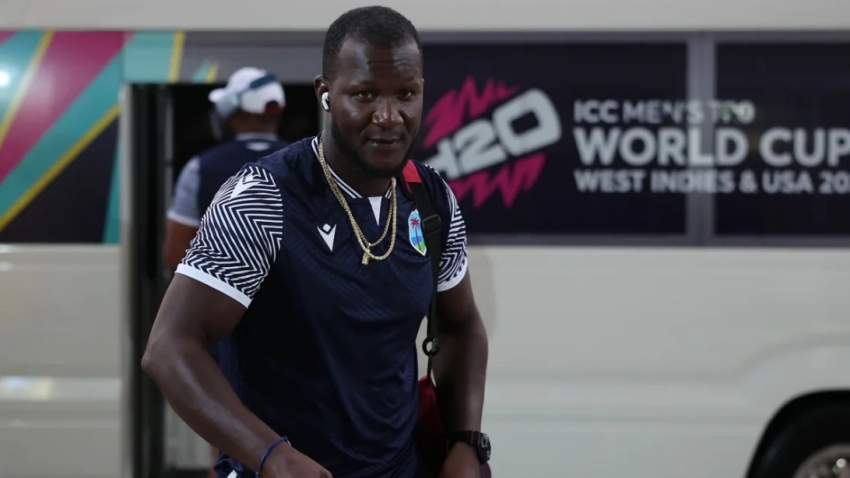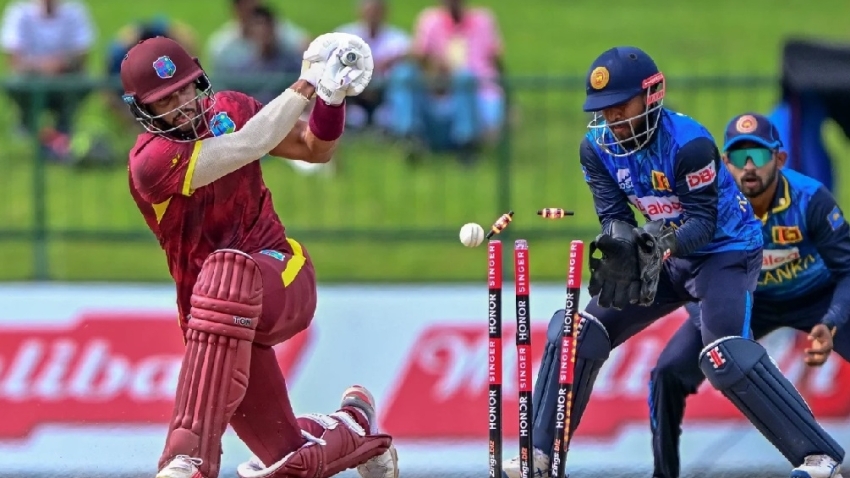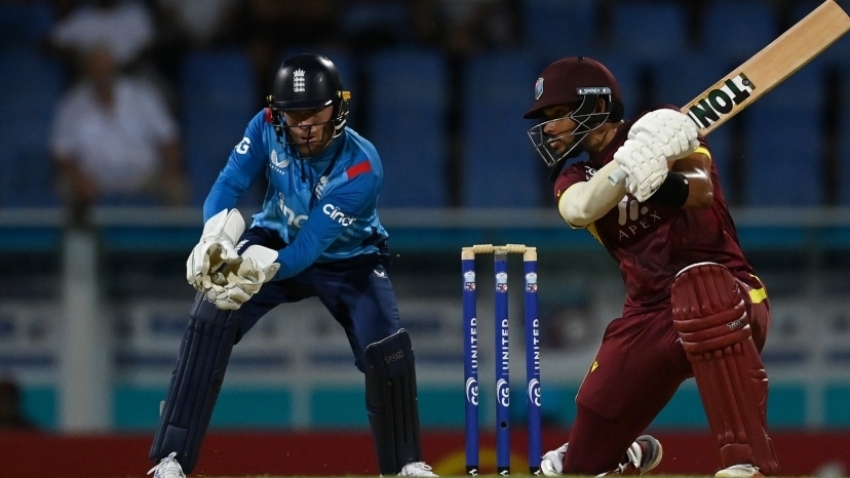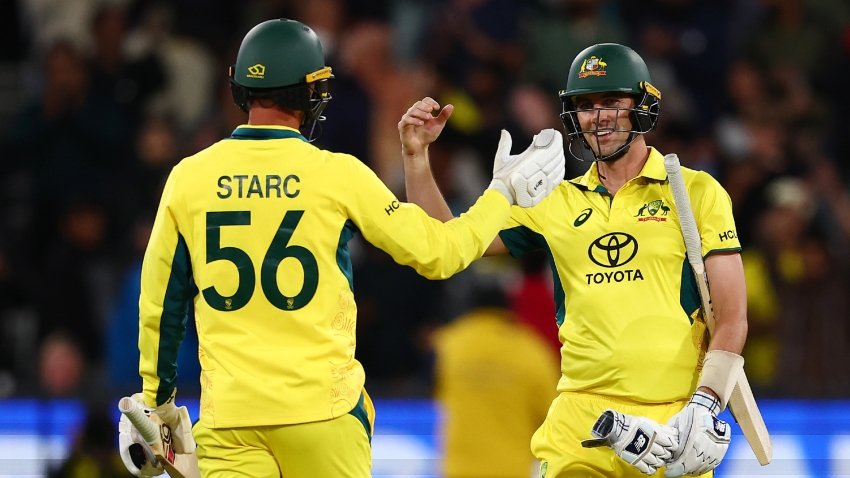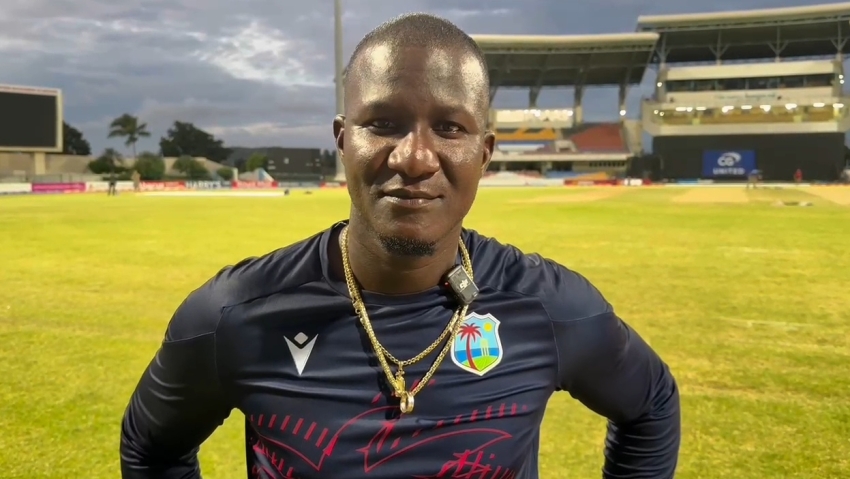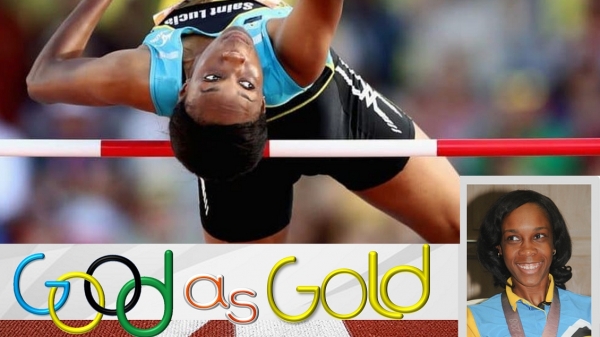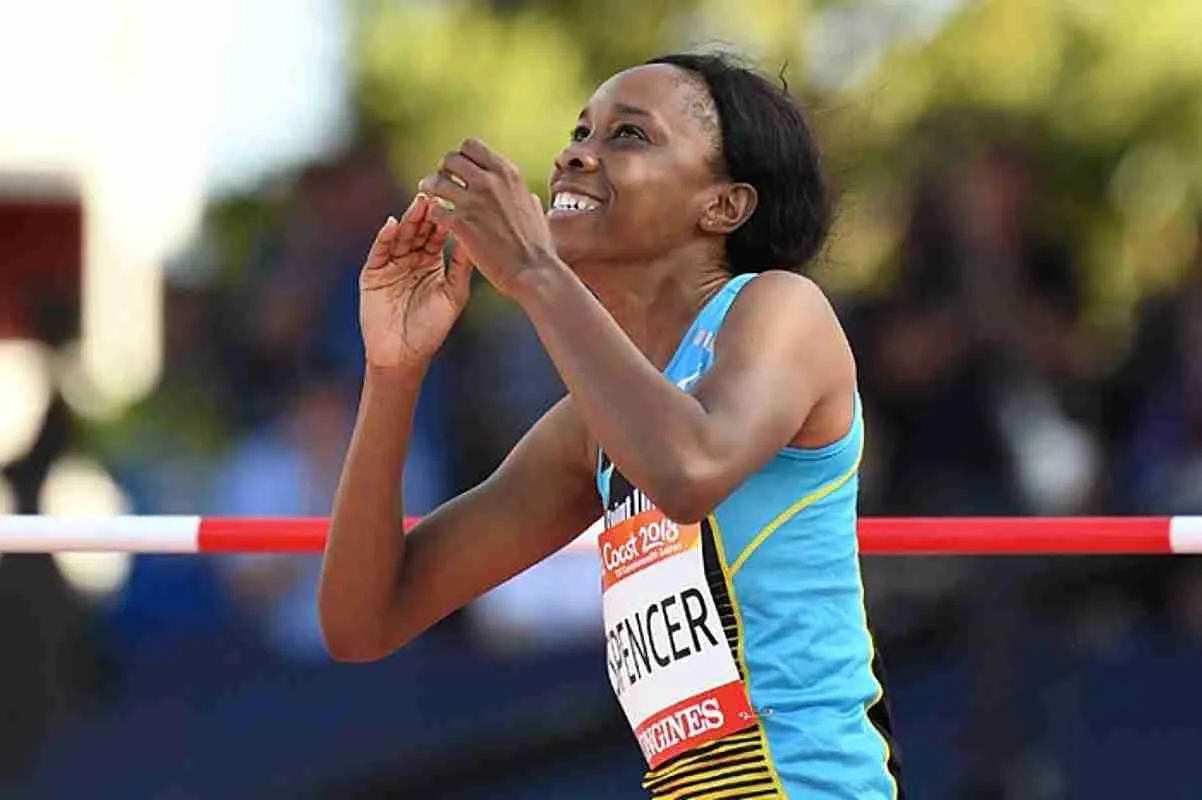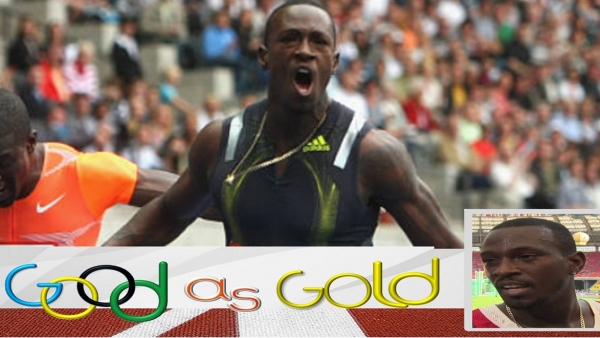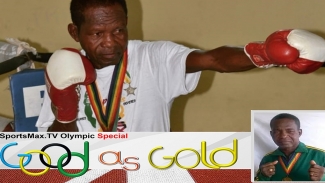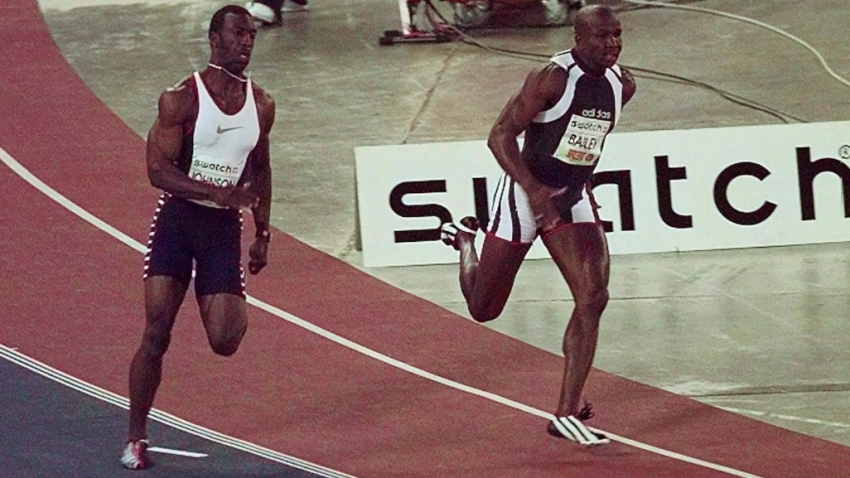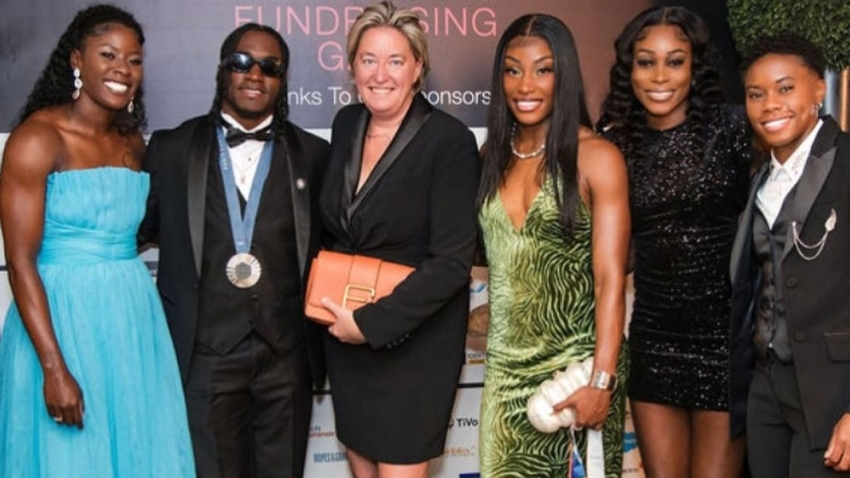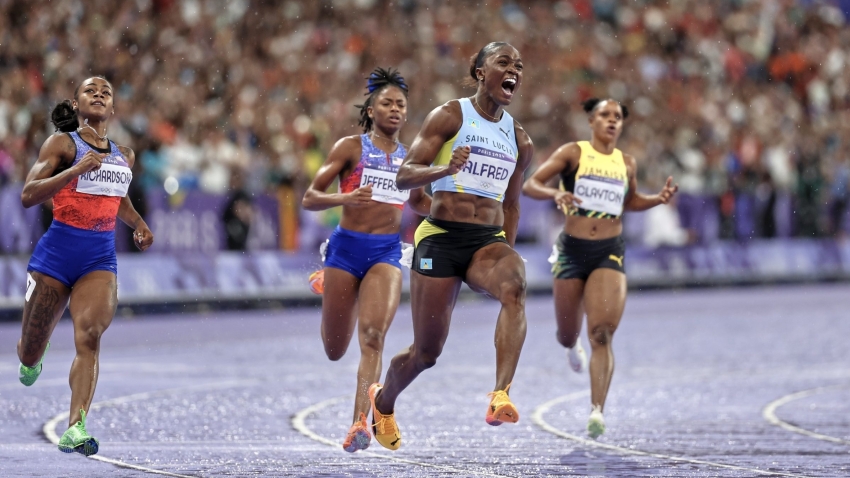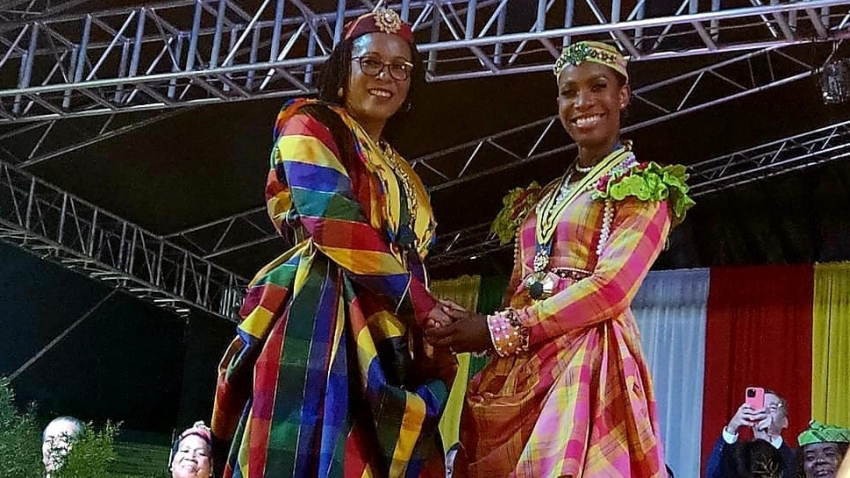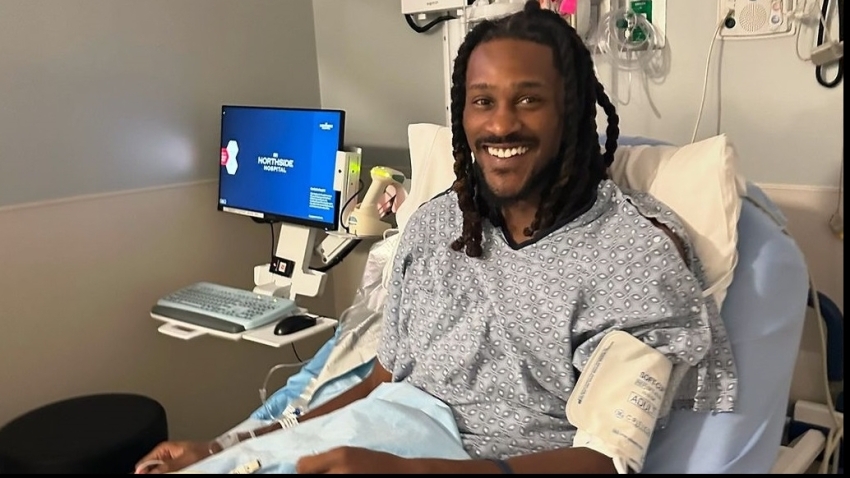One could easily have forgiven then 22-year-old Guyanese boxer Michael Parris if he had been left frozen by the large crowds, cold climate, and politically charged atmosphere of the 1980 Moscow Olympic Games.
Sixty-six countries, including the Caribbean islands of Antigua and Barbuda, Bahamas, Barbados, Cayman Islands, and Haiti had boycotted the games entirely because of the Soviet Union’s invasion of Afghanistan. Security at the athletes' village was robust, with armed soldiers and barbed wire unfamiliar sights for the quadrennial spectacle of global goodwill.
At the time, Parris, now looking back, admits that all of that mattered very little. After all, he was there for one thing and that was to win gold for Guyana, a country which despite its reputation for being rich in earthly minerals, had yet to mine a spec of precious metal on the Olympics stage.
With that singular focus in mind, Parris recalls spending the majority of his time at the Games training in his hotel room, with the air conditioning stuck at its lowest setting, to help with acclimatisation. Even so, once the moment arrived, once he stepped out onto the global stage, the gravity of the moment did not entirely escape him.
“I was nervous. Nobody was calling for Guyana. I lost at least a bucket of sweat from my face and arms. The crowd was just so big, and you see maybe one little Guyana flag. It doesn’t matter where you go in the world, someone from Guyana will always be there. I saw a little flag somewhere in the crowd,” Parris recalled of stepping into the middle of the ring.
“But, when I was fighting, I never focused on the crowd, not even the coach. When I was in the ring I only focused on the other fighter, his movement, my movement, to see when I had hurt him,” he added.
Parris began the bouts with a win over Nigeria’s Nureni Gbadamosi, in the round of 32, followed by another win over Syria’s Fayez Zaghloui in the round of 16. Another solid performance saw the referee stop the contest between himself and Mexico’s Daniel Zaragoza, in the quarterfinals, before he faced Cuba’s Juan Hernández in the semi-finals.
Unfortunately for Parris, the competition ended there, with the Cuban going on to outpoint him before defeating Venezuela’s Bernardo Piñango in the final to claim the gold medal.
Even if the mission wasn’t fully accomplished, the job had been well done. Parris’ performances assured him of a bronze medal. The long journey, which began in sunny Georgetown, Guyana had culminated with a spot on the podium nearly 5,000 miles away, in the chilly Russian city. Forty years have passed since the monumental occasion, but for Parris, looking back, winning the country’s first and only Olympic medal to date still fills him with a deep sense of pride.
“I didn’t know if I was standing or sitting, or what, when the flag went up in the air. The excitement, I don’t even remember if I was standing. To see the flag raised, of 100s of other countries the Guyanese flag was up there. It was just so good. Some of our other athletes had flags waving as well, I was checking up on them and they thought they should have won medals as well and such,” Parris recalled.
“It was really exciting everything about it. Everything, the crowd, the first time the Guyana flag was raised at a Games. Many athletes went to the games before me. The first time I went, thankfully, I qualified and was able to bring back the bronze,” he added.
Parris’ achievement is yet to be equalled. Even the late Andrew ‘Six heads’ Lewis, who went to be WBA World Welterweight Champion, did not match his achievement at the Olympic level. Lewis failed to advance past the first round at the 1990 Olympics after losing to Germany’s Andreas Otto.
Parris is convinced that the country’s lack of outright success, since then, at the Olympic level, is not due to a lack of talent but more a case of not being enough done to fully harness the potential of young Guyanese athletes.
“We need to find a way to support our athletes. We need to look closely at these athletes, support them and you’ll get the best out of them. Support them and expose them, they need financial programs and stuff like that. Any sports you can think of Guyanese are good at it, whether it be running, swimming, cricket they just need the backing.”
He admits, however, that he has recently been encouraged by the approach taken by a newly elected government, which came into power last year, and the appointment of sports minister Charles Ramson Jr.
“I have been encouraged that we have a young sport’s minister, with this new government. He looks like he is ready to push things ahead, so we may get a few more Guyanese medalling at the Olympic Games soon,” Parris said.
If there is one regret, Parris, now 63, says is that he has not been able to work with some of the country’s youth boxers, as he was never given the opportunity. Still, he does his part to attempt to inspire the next generation.
“It’s been a great feeling, but the only thing I wish is when I came back with the medal, I would have loved to give something back to the youth. I never got the chance because no one called upon me to say come and help us with the coaching program or whatever. When they have summer camps now though, sometimes I drive around with the medal to show them so they can see it and feel it. I want to inspire them. I want them to know they can do it as well.”


